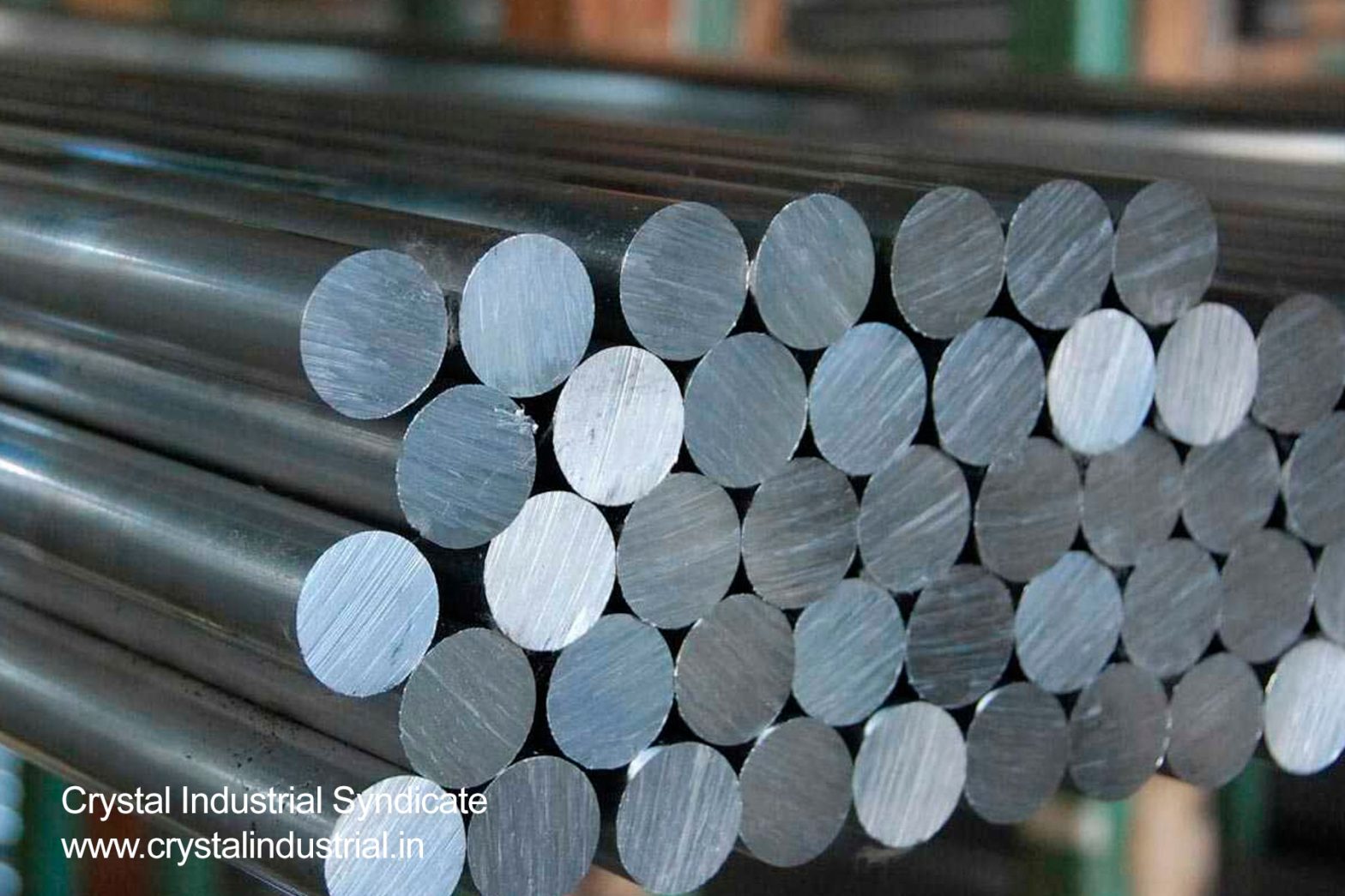Monel-bodied injection quills are devices that are used in the chemical processing and pharmaceutical industries to transfer fluids from a storage tank or drum to a reactor or processing vessel. They are typically made of a Monel alloy body and have a small diameter nozzle or outlet that is used to inject the fluid into the processing vessel. There are several advantages and disadvantages to using Monel-bodied injection quills in these applications.
One of the main advantages of using Monel-bodied injection quills is their corrosion resistance. Monel is a high-performance alloy that is highly resistant to corrosion, even in the presence of aggressive chemicals and high temperatures. This makes it an ideal material for use in chemical processing and pharmaceutical applications where the injected fluids may be highly corrosive or contain aggressive chemicals.
Another advantage of Monel-bodied injection quills is their durability. Monel is a strong and ductile material that is able to withstand high levels of mechanical stress without suffering from fatigue or failure. This makes it a suitable choice for use in applications where the injection quill may be subjected to high levels of mechanical stress, such as in high-pressure or high-flow systems.
Monel® alloys have numerous advantages. Before the 1950s, they were the “go-to” option for numerous crucial industries. It was also simple to weld, solder, and braze. This is due to its high corrosion resistance to acids and alkalis, high mechanical strength, good ductility (easiness to shape and form), resistance to alkalis, low cost, availability in a variety of forms including hot and cold-rolled sheets, plates, rods, bars, and tubes, and attractive appearance and finishes, including a gray-green patina similar to copper.
Disadvantages of Monel-bodied injection quills.
One of the main disadvantages of Monel-bodied injection quills is their cost. Monel is a more expensive material than stainless steel, and as a result, Monel-bodied injection quills are typically more expensive to purchase and maintain than their stainless steel counterparts. This may be a disadvantage for companies with limited budgets or for applications where cost is a major consideration.
Another disadvantage of Monel-bodied injection quills is their weight. Monel is a denser material than stainless steel, and as a result, Monel-bodied injection quills are typically heavier than their stainless steel counterparts. This may be a disadvantage in applications where weight is a critical factor, such as in situations where the injection quill is being used in a mobile or portable system.
In summary, Monel-bodied injection quills offer several advantages in chemical processing and pharmaceutical applications, including their corrosion resistance, durability, and ability to withstand high temperatures. However, they also have some disadvantages, including their higher cost and weight compared to stainless steel injection quills. Ultimately, the decision to use Monel-bodied injection quills should be based on a careful evaluation of the specific requirements and constraints of the application.
Crystal Industrial Syndicate makes a range of Monel-bodied injection quills to cater to every application of the oil and gas industry.
Contact us to know about how Crystal Industrial Syndicate’s products can support your injection quills requirements. Our experts can recommend custom-built solutions. Contact us
Copyright © 2023 by Crystal Industrial Syndicate Pvt Ltd. All rights reserved. www.crystalindustrial.in
